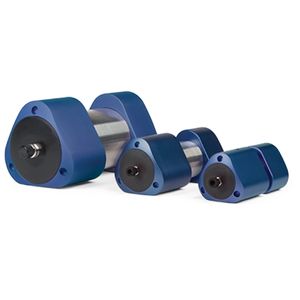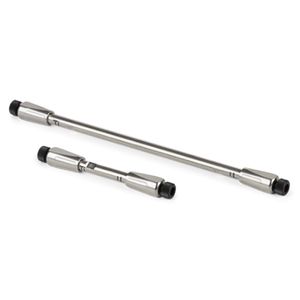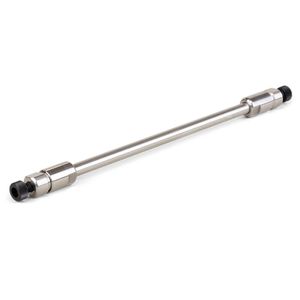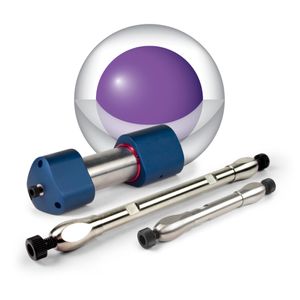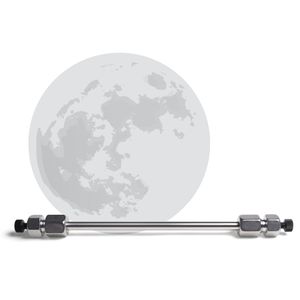
Cdc27 (AF3.1) | Santa Cruz Biotechnology
mouse monoclonal IgG2b; Cdc27 Antibody (AF3.1) is an IgG2b κ mouse monoclonal Cdc27 antibody (also designated H-NUC antibody, Anaphase-promoting complex subunit 3 antibody or ANAPC3 antibody) that detects the Cdc27 protein of mouse, rat, human and Xenopus laevis origin by WB, IP, IF and IHC(P). Cdc27 Antibody (AF3.1) is available as both the non-conjugated anti-Cdc27 antibody form, as well as multiple conjugated forms of anti-Cdc27 antibody, including agarose, HRP, PE, FITC and multiple Alexa Fluor® conjugates. Cell cycle events are regulated by the sequential activation and deactivation of cyclin dependent kinases (Cdks) and by the proteolysis of cyclins. The cell division cycle (Cdc) genes are required at various points in the cell cycle. Cdc25A, Cdc25B and Cdc25C protein tyrosine phosphatases function as mitotic activators by dephosphorylating Cdc2 p34 on regulatory tyrosine residues. Cdc6 is the human homolog of Saccharomyces cerevisiae Cdc6, which is involved in the initiation of DNA replication. Cdc37 appears to facilitate Cdk4/cyclin D1 complex formation and has been shown to form a stable complex with Hsp90. Cdc34, Cdc27 and Cdc16 function as ubiquitin-conjugating enzymes. Cdc34 is thought to be the structural and functional homolog of Saccharomyces cerevisiae Cdc34, which is essential for the G1 to S phase transition. Cdc16 and Cdc27 are components of the APC (anaphase-promoting complex) which ubiquitinates cyclin B, resulting in cyclin B/Cdk complex degradation.





















